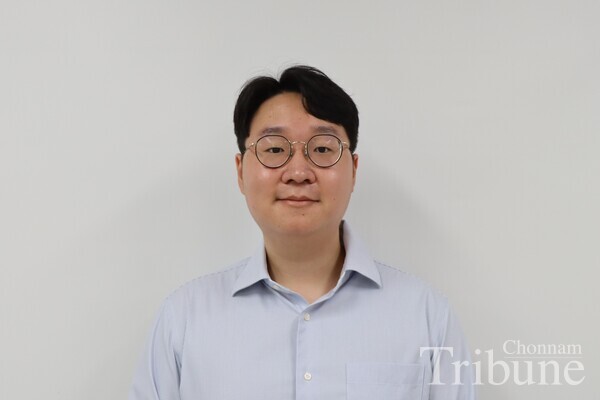
In March 2025, South Korea’s National Assembly passed a pension reform bill to raise the contribution rate from nine percent to 13 percent over six years, while increasing the income replacement rate from 40 percent to 43 percent in 2026. The reform aims to address the nation’s rapidly aging population and declining birthrate. However, for younger generations, particularly those around 27 years old, the pension fund is projected to be depleted by the time of their retirement after 38 years of contributions.
This raises a critical concern: Will we actually receive the benefits we’re paying for today? The current system relies on intergenerational support—today’s workers fund today’s retirees. But with demographic shifts, many young people fear they will end up paying more and getting less, or nothing at all. This perception challenges the fairness of mandatory participation.
The issue extends beyond numbers—it’s about restoring trust. The government must provide transparent information about the pension’s financial future. Reform should not unfairly burden the younger generation. Policymakers must consider alternatives such as increased government funding through general tax revenues and reforming special occupational pensions to promote equity. In the long term, efforts like raising the retirement age or encouraging higher birthrates are also needed.
Pension reform is more than a fiscal fix; it is a generational social contract. For it to endure, young people must be actively involved in shaping it and have their concerns meaningfully addressed. A fair, sustainable, and trustworthy National Pension System is essential for South Korea’s future.
By Cho Sung-yong, Senior, Faculty of Business Administration

